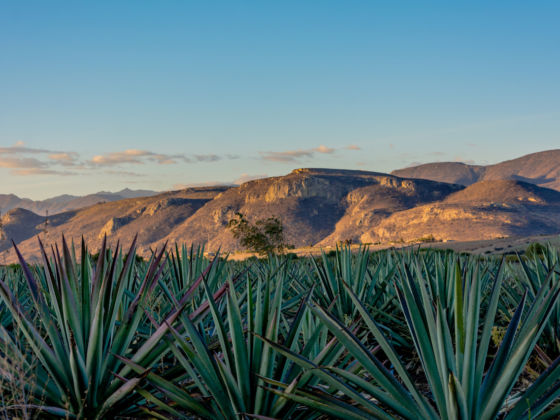One of the items on my “pro” list for moving to San Jose is, “We can come back.”
Neruda said, “Those who return never left.” It is, as my husband used to say, insistently, each of the many times we said goodbye during our ulta-long-distance courtship, “hasta luego,” not “adios.” Never adios.
Our son says to me, “Mamita, I love you so much, como el sol.” I love you so much, like the sun. Every evening for months now, we’ve had to discuss: the sun goes away, but it always comes back. We need the dark so we can rest, so we can see the stars, and the moon reminds us that the sun is still there. Often, we discuss: Mamá has to go to work, and you can be with your friends, and with papito, but mamá always comes back, she’ll always come back for you.
